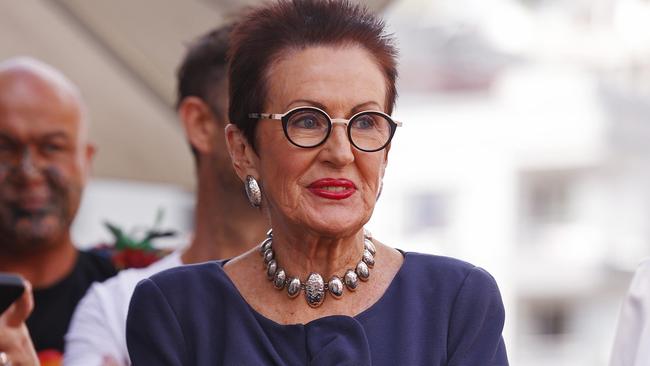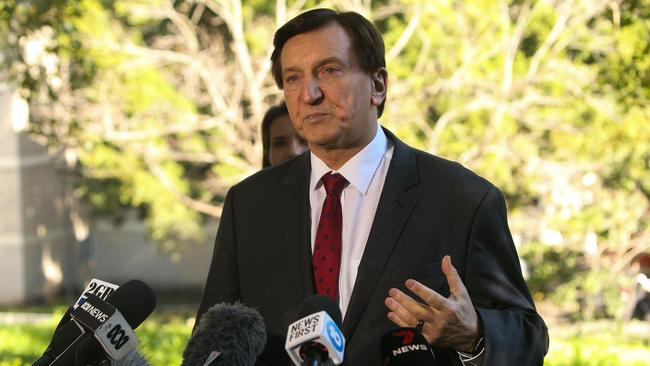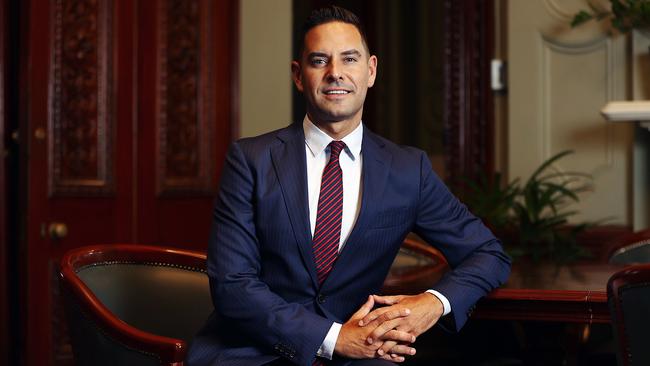NSW government poised to remove ‘Block Clover Moore’ Sydney election laws
State Labor is poised to scrap legislation widely believed to have been aimed at trying to oust Sydney’s longstanding Lord Mayor.

The NSW government is poised to remove “indefensible” legislation allowing businesses two votes in the City of Sydney local government elections, widely believed to have been introduced in an attempt to oust longstanding Lord Mayor Clover Mayor.
The second reading of the City of Sydney Amendment Bill 2023 was introduced to parliament’s lower house on Wednesday by Local Government Minister Ron Hoenig, paving the way for what the state government called “fairer democratic elections for Sydney”.
“It (the current electoral rules) is indefensible on any democratic principles,” Mr Hoenig said.
The legislation, introduced by the Liberals in 2014, and labelled a “brazen attempt to oust Clover Moore”, had allowed businesses that owned, leased or occupied land in the local government area two votes in council elections, compared with one for residents.
Mr Hoenig previously likened the laws to North Korea – and called it the “probably one of the most undemocratic systems in Australia” – while Lord Mayor Moore told The Australian it had “manipulated democracy”.

“I have always been supportive of measures that make it easier for businesses to vote – businesses contribute greatly to our city,” the lord mayor said.
“But the bill, which became known as the ‘Get Clover Law’, eroded the democratic power of residents.”
To contextualise, on one parcel of land in the LGA, two voters could be registered by the landowner, two by the licensee, two by how ever many businesses, for example, rented shop fronts – a scenario, Mr Hoenig told the chamber, where potentially 100s of non-residential voters were on the roll for one single plot.
“It is hard to see it as anything other than a targeted attack on me and my team – it was about manipulating democracy,” Ms Moore said.

Independent MP Alex Greenwich – a political ally of Ms Moore who replaced her as the city’s state MP – said the reform “would return democracy to Sydney, and remove the gerrymander that cost ratepayers millions”.
The changes would also remove the automatic enrolment of non-residential electors, which does not exist anywhere else in NSW, and currently applies regardless of whether they wish to vote in the elections or not.
Eligible people will still be able to apply to become non-residential electors, however, only one person will be entitled to be enrolled on behalf of corporations or multiple owners, lessees or occupiers.
The 2014 amendment introducing the rules cost ratepayers $9.7 million to establish and $1 million per year to maintain, given the need for a lengthy non-residential electoral roll.
The amendment bill will return to the Legislative Assembly next week for a third reading, before its expected passing to law, given its cross-party support.








To join the conversation, please log in. Don't have an account? Register
Join the conversation, you are commenting as Logout